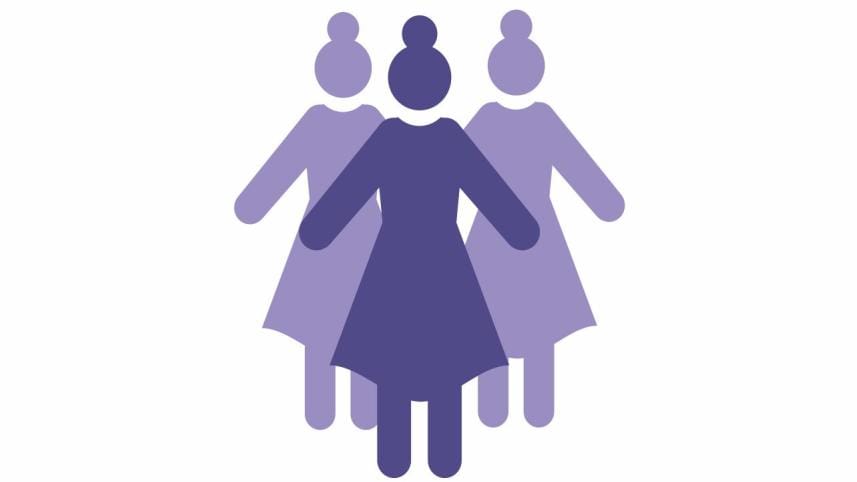Time is now!
Day today; goal
is to transform
women's lives

International Women's Day first emerged from women's labour movements at the turn of the twentieth century in North America and across Europe. Since then, International Women's Day has assumed a global dimension for national and international women's movement, strengthened by Four Global United Nations women's conferences strengthening call for women's rights and participation in political, social and economic arenas. The UN Beijing Conference in 1995 was a milestone with the Platform for Action signed by 189 governments envisioning a world free of gender discrimination and violence. The theme for 2018 International Women's Day (IWD), is “Time is Now: Rural and Urban Activists Transforming Women's Lives”.
When we speak of women's rights and gender equality, it is important to note that there are huge differences in their experience of rights and discrimination. Women are divided by class, ethnicity, religion and profession. While educated women in the higher income group have attained a level of equality and bargaining power, women from low income groups, minority and non literate rural women are by and large disempowered and their decision making ability severely limited due to poverty, social, cultural norms and practices. It is critical that we focus on these women and make sure that they get a fair share of benefits from the economic, political and social development that Bangladesh has achieved in the last 20 years.
In spite of tremendous gains, women face persistent violence and discrimination at home, in work and public places. A special mention needs to be made about women who face additional challenges due to ethnicity, physical condition or profession. They are subject to increased violence and discrimination and often denied protection and access to justice. In the same way, women's unpaid productive work such as agriculture, is not recognised or valued. Non recognition of women's unpaid work has led to the de valuation of a huge work force impacting negatively, not only on the economy but also on indicators such as health, education and harmony in family and society. Highlighting women's contribution can raise their status which is one of the ways to reduce violence and discrimination against them.
Finally, building a world free from violence and discrimination and ensuring gender equality does not only benefit women but men too. It promotes peace and harmony and elevates both men and women to a higher level of co-existing as equal partners, contributing positively to the welfare of the family and society. Time has come to finally do away with systems of patriarchy that for ages has determined the way women should lead their lives. The time is certainly NOW, to transform lives and make the Global and National call for PLANET 50 50 BY 2030 a reality for all women.
The writer is the Executive Director, Manusher Jonno Foundation, and a leading women's rights activist.




 For all latest news, follow The Daily Star's Google News channel.
For all latest news, follow The Daily Star's Google News channel.
Comments